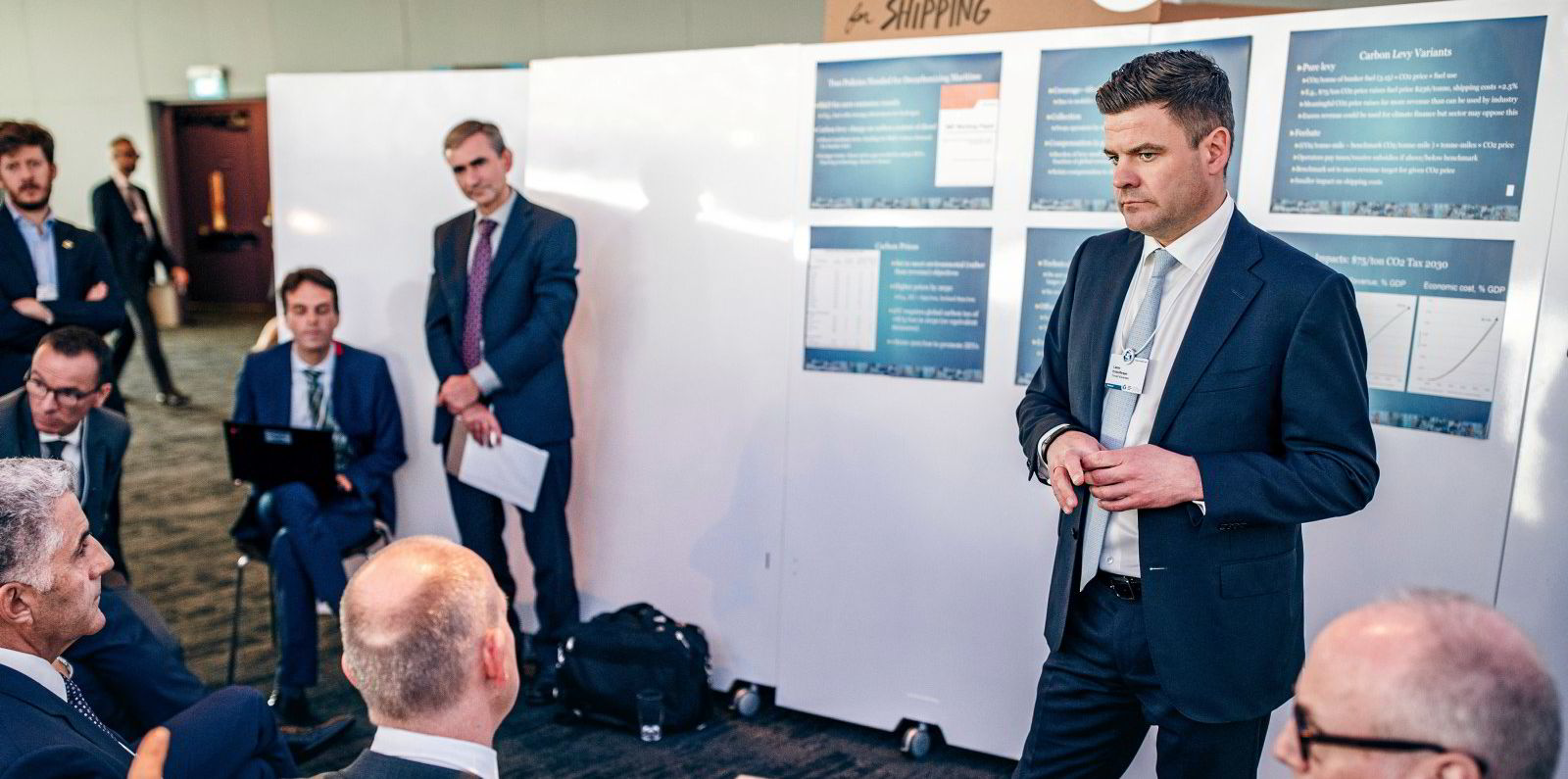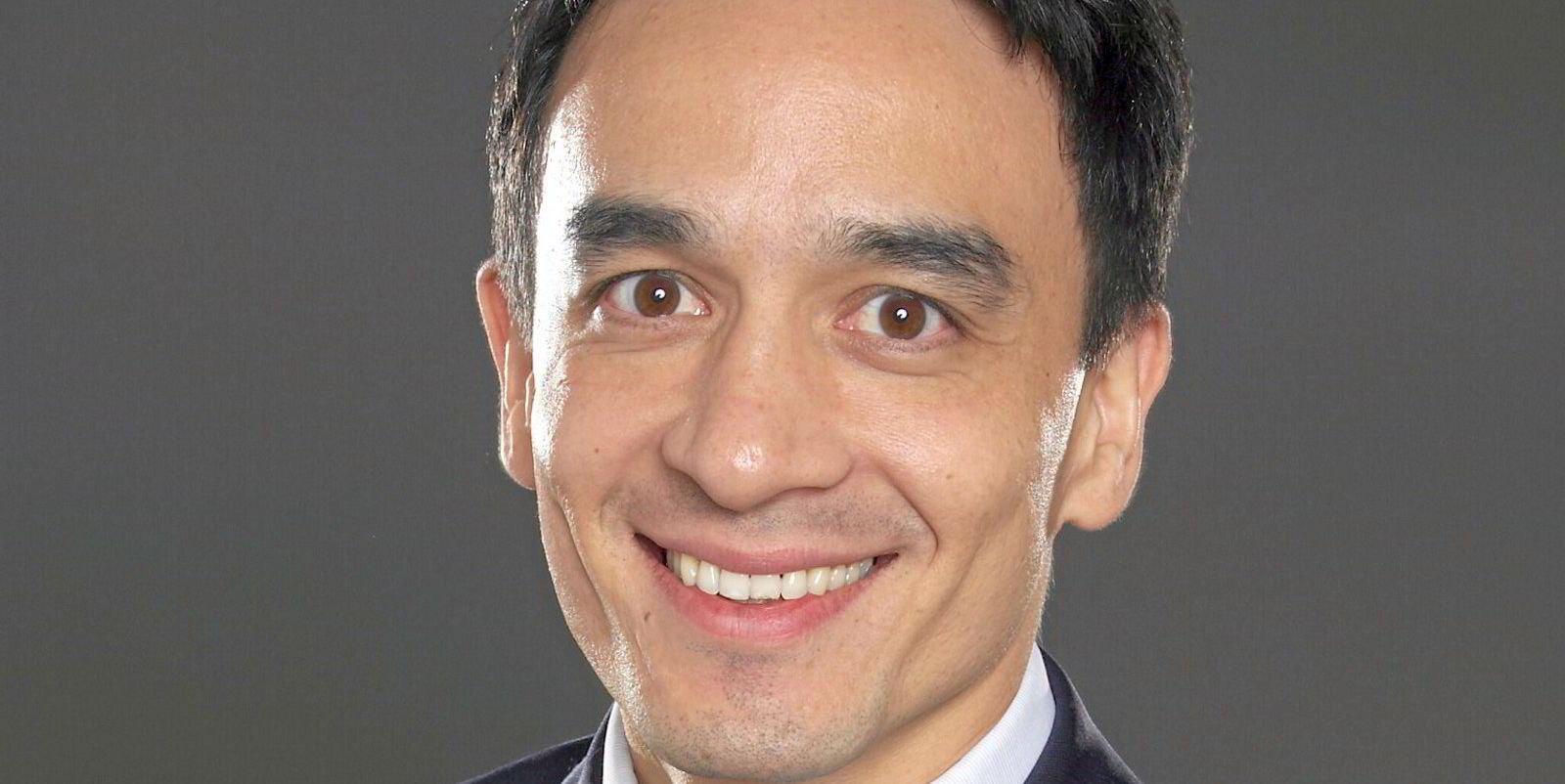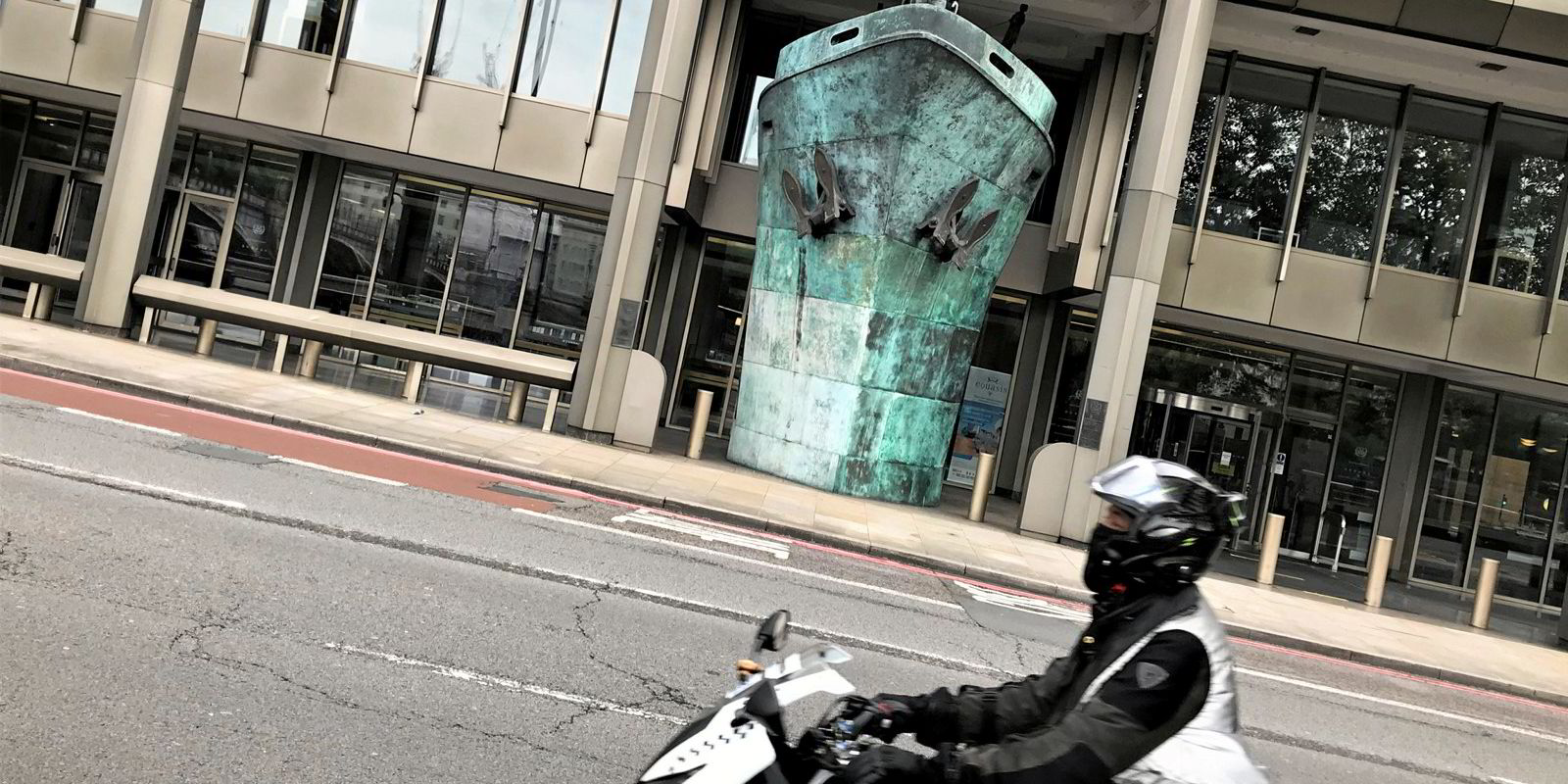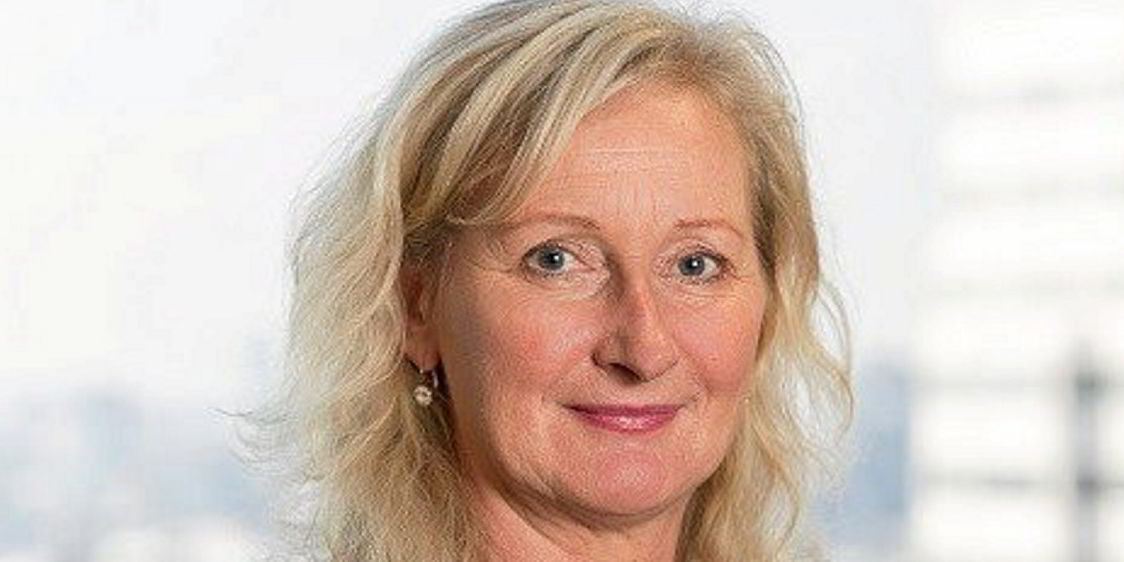Lloyd’s Register (LR) has found widespread support among business leaders for industry cooperation to help shipping achieve its decarbonisation goals.
In a collection of interviews in the recently released LR publication called How to Make Shipping’s Decade of Action a Reality, some of the sector's leading players call for united action, and for regulators and industry to work together on decarbonisation.
BW Group chairman Andreas Sohmen-Pao said shipping needs to achieve its decarbonisation goals as one.
“The bar needs to keep being raised, uniformly and gradually so that everyone has a chance to adjust,” he said.
He said the sector must also find ways to channel funds to support those that are unduly disadvantaged and those that have the best solutions.
“BW Group is saying, ‘Yes, we want to invest in carbon-free ships,” Sohmen-Pao said. “But if they do not exist or they are not commercially viable, we cannot invest in them — however much we want to.”
Simon Bennett, general manager for sustainable development at China Navigation Co, said the alternative fuel ships need to be developed in tandem with the supply of zero-emission fuels.
“So we all have to move in lockstep. The suppliers will only build the infrastructure if they see a need, and we will only build the ships if there is the infrastructure,” he said.
The inevitable emergence of an international price on carbon in shipping is being viewed as a key driver toward zero emissions.
Regulation question
“The good news is that it is no longer a question of whether there will be a price on carbon or shipping,” Torvald Klaveness chief executive Lasse Kristoffersen said. “Now, it is a question of who would regulate it and who would benefit from the proceeds.”
Sohmen-Pao said a global uniform carbon price needs to be established. “Otherwise, you get regulatory arbitrage because we’re in a global business where people can move to the place of least resistance,” he said.
BlackRock Alternative Investors chief investment officer Jim Barry pointed out that finance will play a part. Decarbonisation is already determining the direction of investment funds, with those acting quickest set to benefit.

“It’s not just the scale of change that’s required to address the climate crisis, it’s the pace of change,” he said.
“Not dealing with climate change is only going to make the pace and the trauma of change even greater.”
Transparent data on ship emissions is also seen as helping shipping to decarbonise.
Transport and logistics company DSV Panalpina’s senior director of sustainability Lindsay Zingg said DSV is using ship emissions data in commercial decisions.
“We are gathering all the data, using clear methodology and setting targets for 10 years that will contribute to reducing CO2,” she said.
“As members of the Clean Cargo Working Group, we receive data from the ocean carriers that shows which has the lowest CO2 in each trade lane, so we can compare ocean carrier with ocean carrier and trade lane with trade lane.”







